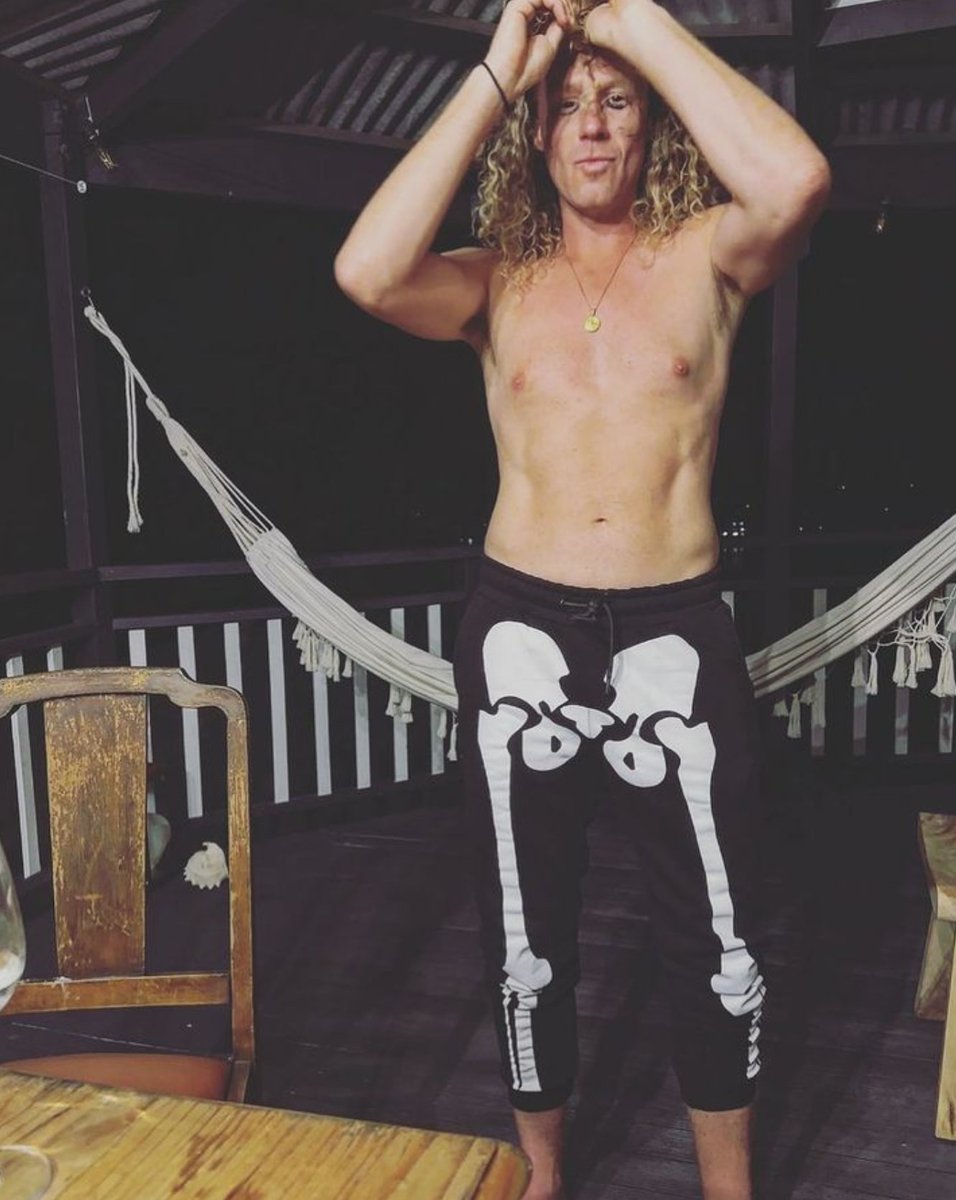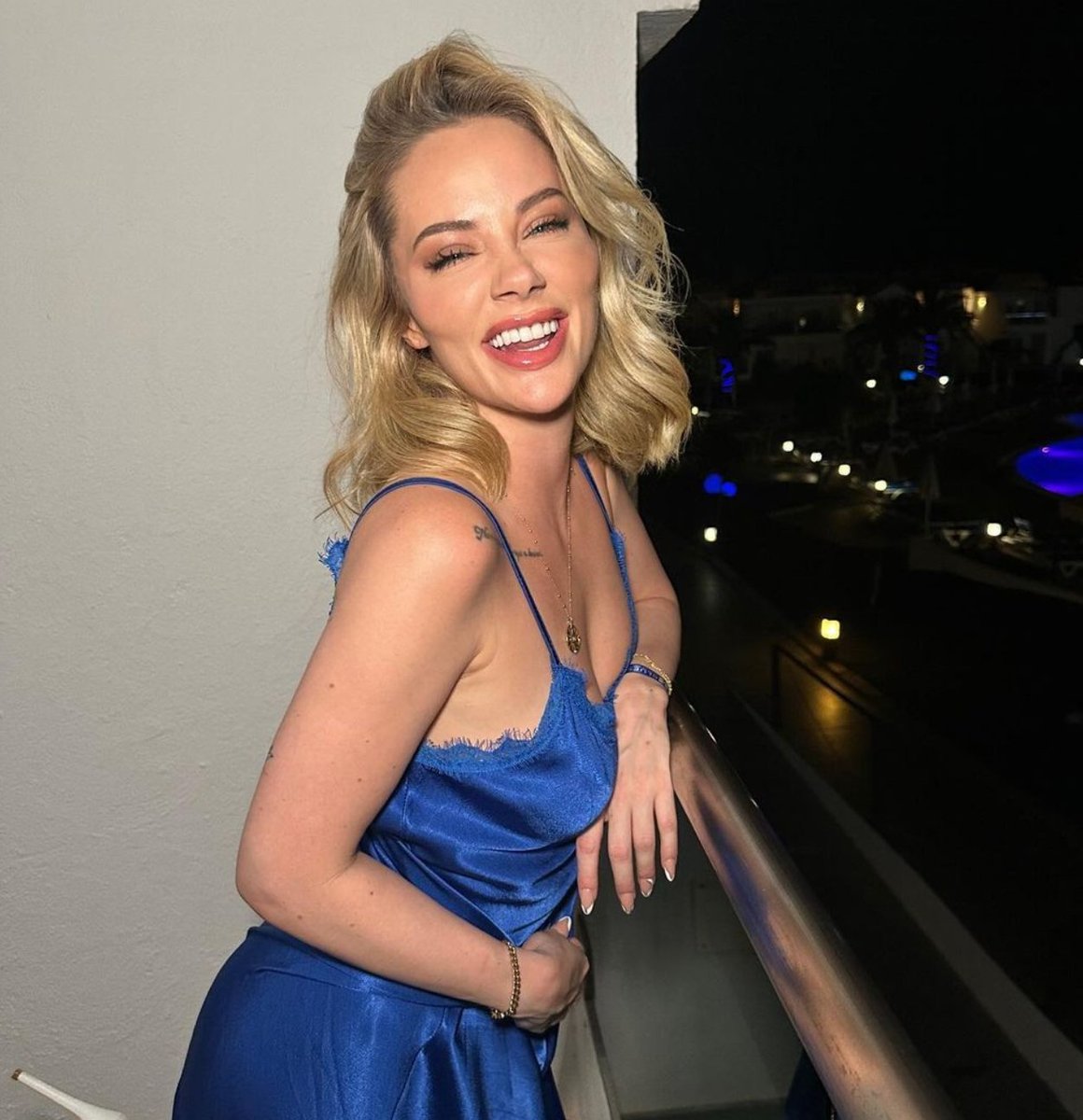
The golden age of reality TV is officially a relic of the past.
Last week's Channel 7 premiere of Big Brother only had 274,000 metro viewers, which is almost half the amount the 2022 premiere drew with 487,000.
Of course, these figures pale in comparison to the first 10 seasons of Big Brother, which aired from 2001 to 2013, and reached between 800,000 and more than a million viewers on average.
The 2012 winner, Tim Dormer, shared his thoughts on the current iteration of Big Brother on Instagram.
"The other day someone from BB emailed me to ask if I would promote their new season to you," his post read.
"Apologies if I’m offending some really great (and some not-so-great) TV people… but there’s no hiding I’m not the biggest fan of BB’s current era. Big Brother was the original, but now seems lost in an era of trying to be like and liked by everyone else."
 Tim Dormer in his iconic skeleton onesie. Image: Instagram/@timdormer.
Tim Dormer in his iconic skeleton onesie. Image: Instagram/@timdormer.

Top Comments